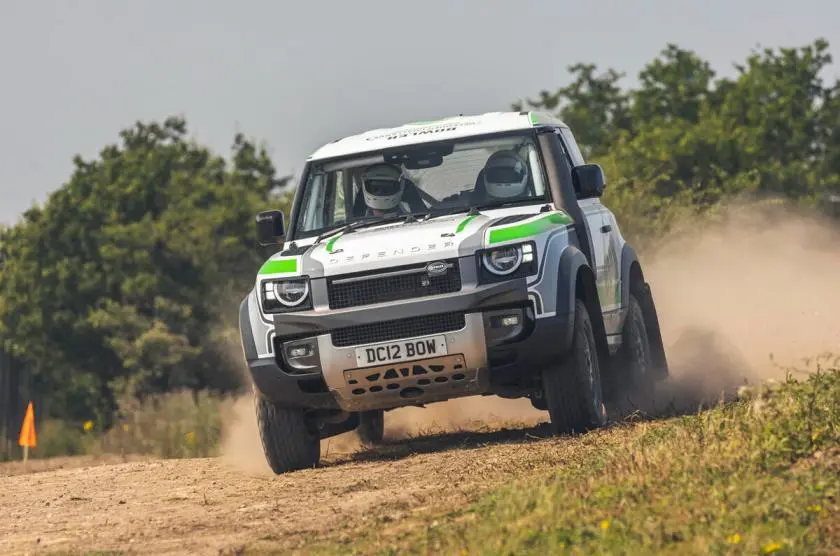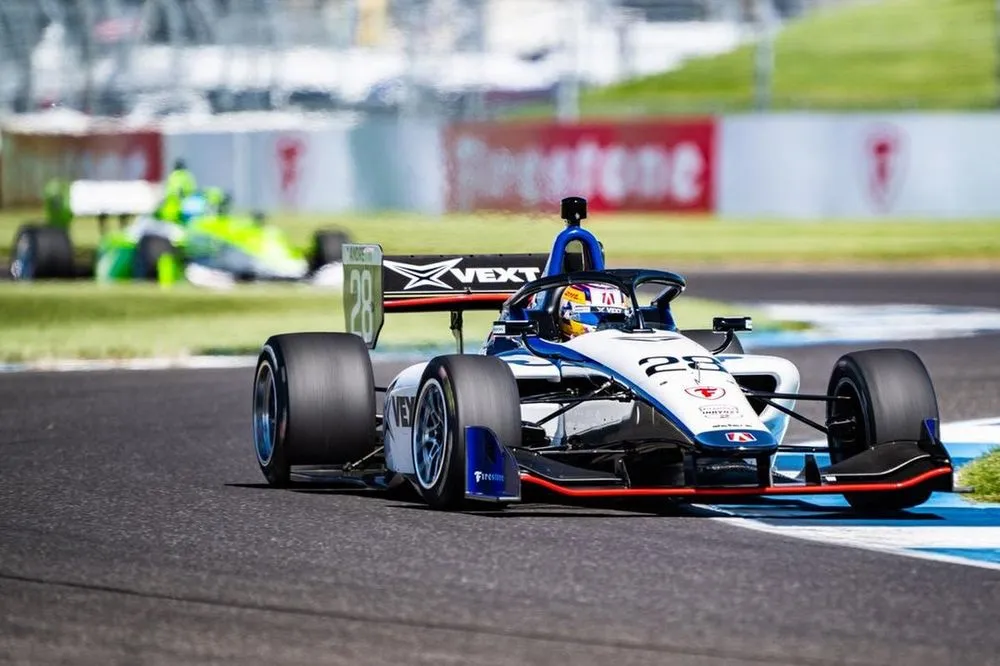Michelin’s new Energy XM2+ replaces the original XM2 small and medium sized passenger car tyre in the Indian market. The tag line ‘The forever new tyre’ says it all and the new XM2+ not only claims to last 29 per cent longer than its competitors but also promises consistent performance even when they’re at the end of their life. Michelin says the most important factor in determining this end of life performance is by looking at the braking performance of the tyres when they are worn. And here too it claims the XM2+ stop an impressive 3.3 meters less than their nearest competitor. A claim the company was willing to allow us to put to test in a controlled environment. In terms of longevity, Michelin are claiming an impressive 1.25 lakh kilometers. And considering the current life of cars, one set, in theory, could outlast the car itself. A forever tyre indeed. Michelin have also put considerable effort into improving the strength of their sidewall construction - an area where it has received the most negative feedback from customers. The Energy XM2+ is also a full silica rubber compound tyre which means that it’s got low rolling resistance for better mileage as well as great grip, especially in wet conditions. To get a feel of the new tyre, Michelin took us to WABCO’s test track where we could get a feel of the new XM2+ tyres. There were two activities planned for the day. One would be a drive around a test track on a new set of tyres to get a feel of how the tyres felt and performed in normal driving conditions. And the second was a controlled wet braking test with two identical cars shod with worn tyres to brake to a halt from 100kmph on a wet asphalt surface. In the drive around the test track, we were able to suss out these new tyres a little on the twisty track with a couple of tight turns and long sweeping corners as well. In terms of driving feel the tyres performed amicably well with practically no squeal under hard, dry braking or even through a tight slalom course at the end of a long straight. The track was actually nicely surfaced and with no bumps at all so we can’t comment on the levels of comfort of the new XM2+. The braking test allowed us to do back to back runs using identical Maruti Suzuki Swift diesels, one shod with Michelin Energy XM2+ tyres and the other with identically specced Bridgestone B290s, with both sets worn down to their replacement markers.. The controlled environment allowed us to get a feel of both the Michelins as well as the Bridgestone tyre under the most extreme braking conditions you could come across - panic braking on a wet road. In the test, the Energy XM2+ tyres seemed to have the upper hand in terms of braking distances. That said, despite the test conditions and cars being controlled and exactly the same for both tyres, the human part of the equation (that being me behind the wheel) wasn’t consistent. Keeping the car at 100kmph and braking at exactly the same point on each run was very difficult and with just three runs with the Michelin and two with the Bridgestone my stopping distances were all different, ranging from 2 meters to just a couple of feet. So while the Michelin did outbreak its competition constantly, I can’t really comment on the actual difference between the two tyres in terms of a distance benefit. What was clear though, and much easier to differentiate between the two tyres, was the difference between the way the ABS was working on the two cars. With the Bridgestone, there was a strong initial bite when you first hit the brakes and then the ABS would go crazy as soon as the tyres lost grip, creaking and groaning and complaining as they struggled to regain traction to bring the car to a stop on the soaked track. With the Michelins, while the initial bite wasn’t quite as strong, they provided consistent deceleration and gave the ABS a much easier time. This smoothness and predictability allowed the Michelins to come to a stop with both more stability and a shorter distance as well. What’s also obvious from the images taken of the actual tyres we tested, is that the Michelin’s have deeper sipes (the thin groves) in the centre of the tyre as well on the edges than the Bridgestones and that’s another positive mark in favour of the Michelins. So if you are in the market for a tyre upgrade, the Michelin Energy XM2+ is an option that could potentially outlast your car and be safer too. Prices for the XM2+s start at Rs 5,090 and will be available from authorised Michelin dealers across the country starting early next year. The long-life tyre will be available in as many as 30 different sizes in 12 inch to 16 inch wheel sizes covering hatchbacks, sedans, compact SUVs and MUVs as well. 



Michelin Energy XM2+
Bridgestone B290




